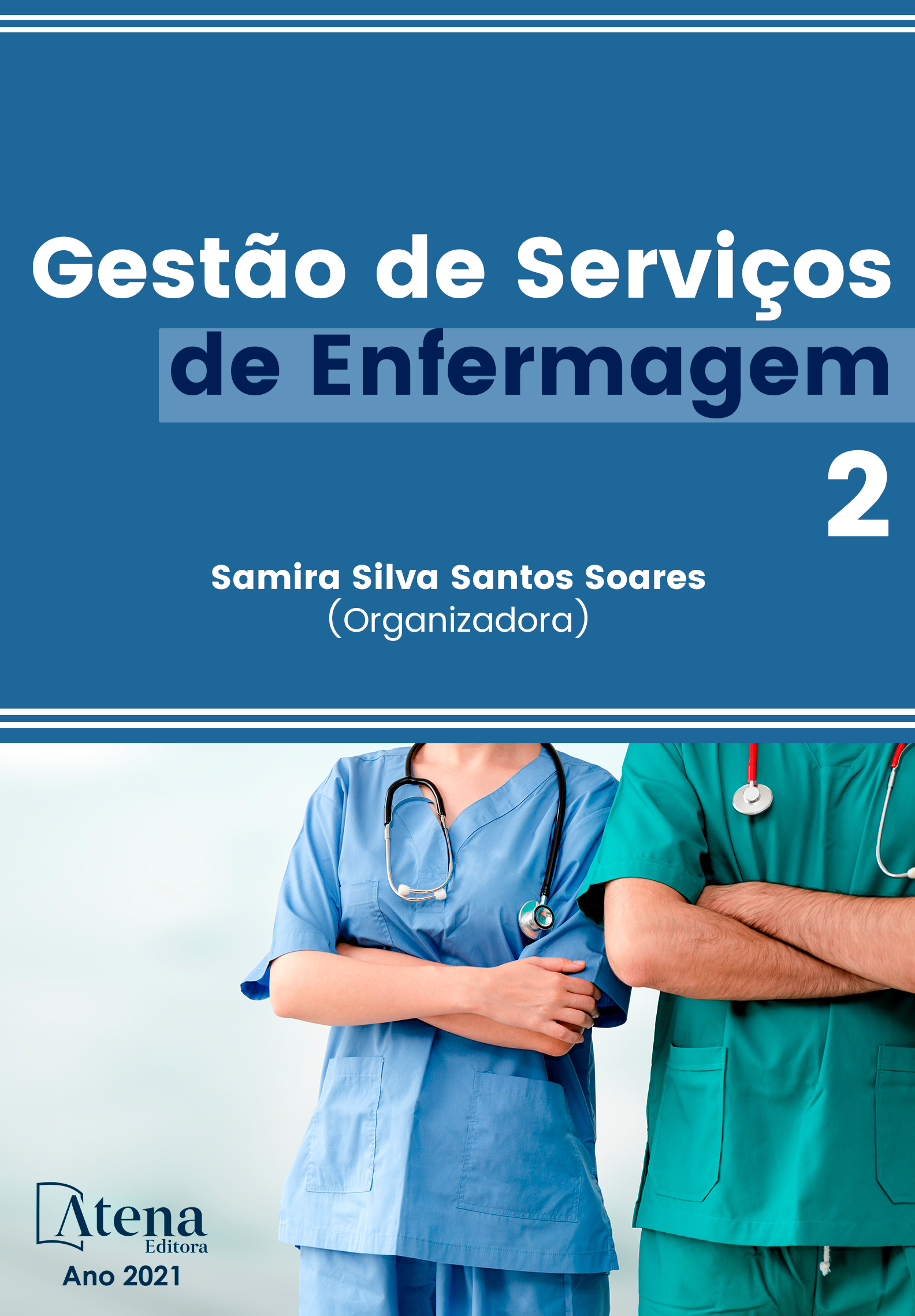
AVALIAÇÃO DO POTENCIAL ANTIBACTERIANO DA SULFADIAZINA DE PRATA A 1%
A sulfadiazina de prata (Ag-SD) é um dos recursos mais utilizados no
tratamento de feridas do mercado. Desde que foi desenvolvida, tornou-se um
dos tratamentos mais utilizados para feridas em todo mundo, estimulando a
fase de granulação e de epitelização cutânea. Os produtos utilizados para o
tratamento de úlceras têm por finalidade além de promover a cicatrização, o
controle de microrganismos no seu leito. Nesse sentido, o objetivo da
pesquisa foi avaliar o potencial antibacteriano da Sulfadiazina de Prata a 1%
sobre bactérias patogênicas. Trata-se de um estudo experimental,
desenvolvido em 2019 e 2020, no laboratório de microbiologia da Unioeste
campus de Foz do Iguaçu. A metodologia utilizada foi de método disco de
difusão em meio sólido e cepas bacterianas de Staphylococcus aureus e
Escherichia coli da American Type Culture Collection. O halo de inibição de
crescimento bacteriano formado pela sulfadiazina de prata a 1% sobre a
bactérias Staphylococcus aureus ATCC (25923) foi de 24mm, e para
Escherichia coli foi de 23mm ATCC (25922), apresentando inibição
bacteriana. O estudo indica que a sulfadiazina de prata a 1% é uma
substância benéfica, podendo ser utilizada pela equipe de enfermagem na
assistência integral humana, como prevenção de infecções e regeneração da
pele.
AVALIAÇÃO DO POTENCIAL ANTIBACTERIANO DA SULFADIAZINA DE PRATA A 1%
-
DOI: 10.22533/at.ed.0602126049
-
Palavras-chave: Sulfadiazina de prata, Ação antibacteriana, Feridas.
-
Keywords: Silver sulfadiazine, Antibacterial action, Wounds.
-
Abstract:
Silver sulfadiazine (Ag-SD) is one of the most widely used wound care
resources on the market. Since it was developed it has become one of the
most widely used treatments for wounds worldwide, stimulating the
granulation phase and epithelialization of the skin. The products used for the
treatment of ulcers have as a purpose not only to promote healing but also to
control microorganisms in their beds. In this sense, the objective of this
research was to evaluate the antibacterial potential of 1% Silver Sulfadiazine
on pathogenic bacteria. This is an experimental study, developed in 2019 and
2020, in the microbiology laboratory of the Unioeste campus of Foz do
Iguaçu. The methodology used was diffusion disc method in solid medium
and bacterial strains of Staphylococcus aureus and Escherichia coli from the
American Type Culture Collection. The bacterial growth inhibition halo formed
by 1% silver sulfadiazine on Staphylococcus aureus ATCC (25923) bacteria
was 24mm, and for Escherichia coli it was 23mm ATCC (25922), showing
bacterial inhibition. The study indicates that silver sulfadiazine 1% is a
beneficial substance that can be used by the nursing team in integral human
care, as infection prevention and skin regeneration. -
Número de páginas: 10
- Jessica Stranburger da Silva
- Helder Ferreira
- Ariane Larissa Silva Mangold


